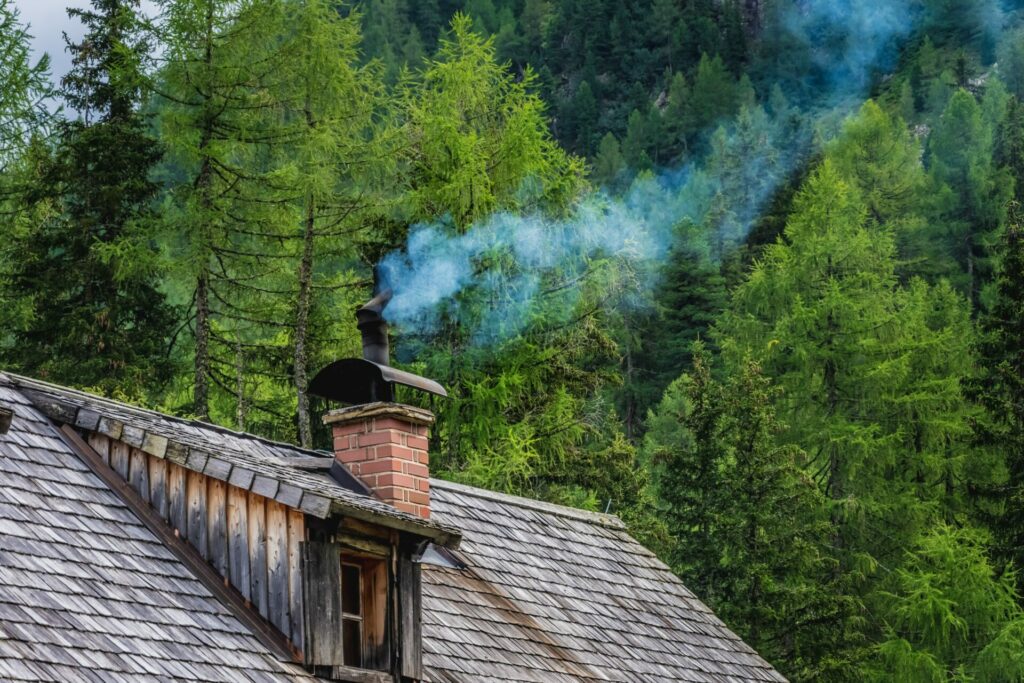Chimney sweeps may seem to many to be a profession of the past but, in fact, sweeps in Belgium are still very active. Their popularity has only increased as people look for alternative heating options to gas and oil. An open wood fire can be a comfortable and affordable way to heat your home- as long as your chimney is well-maintained.
Stéphane Bandin, a Belgian sweep, usually expects to clean, on average, five chimneys a day during this season but is now doing between seven and ten. "People are waking up because of the energy crisis," he told RTBF. "They want to use their open fire or stove that they haven't used in a long time or use very little. And as a result, they have often not had their chimney swept for some time." In one of his most recent call outs, Stéphane says he cleaned out a chimney that had not been swept for 17 years.
Fire, carbon monoxide and higher bills
It is extremely important to have your chimney cleaned before use after a long time dormant because of a number of hazards that can occur.
One of the biggest hazards that comes with a wood-burning fireplace is the risk of a fire. Creosote is a substance that builds up the more your chimney is used and, as it is highly flammable, it should be cleaned out as often as possible. Over time, the fires slowly cause damage to the chimney lining, and even a small amount of creosote can be enough to start a fire. The type of logs added to the fire doesn't matter, it is always important to prioritise regular chimney cleanings.
"If we do not clean well," explained Stéphane Bandin, "the soot clumps in the duct and turns into bistre, that is to say into something shiny that is very hard and the more there is, the more the duct closes. The fumes then no longer evacuate properly, the temperature rises, and at some point the whole column can catch fire."
A poorly maintained chimney can also be the cause of carbon monoxide poisoning.
Considering carbon monoxide is invisible and odourless, it can be very difficult to determine if its levels are too high. When things like creosote, twigs, dirt, and other debris build up in a chimney, it hinders its ability to properly release toxins and smoke from the fire — another by-product is the production of carbon monoxide which can have deadly consequences.
Related News
- Carbon monoxide poisoning: 60 people in Belgium dead this year
- Brussels gradually shifts to more sustainable heating solutions
Alongside safety issues, a clean chimney can help with the energy efficiency of the home.
If a chimney is kept properly clean, it allows for a more thorough and efficient burn. When this is the case, it improves the home’s overall warmth. If a chimney is clogged, it prevents an adequate amount of oxygen from reaching the burning wood.
From a legal point of view, in Belgium, you are required to have your chimney swept every year if it is connected to an oil, wood or coal central heating system.

